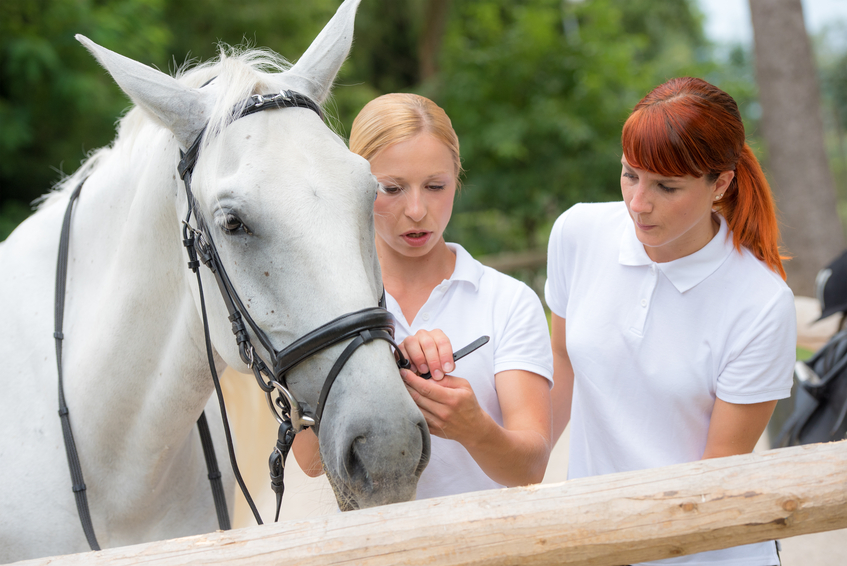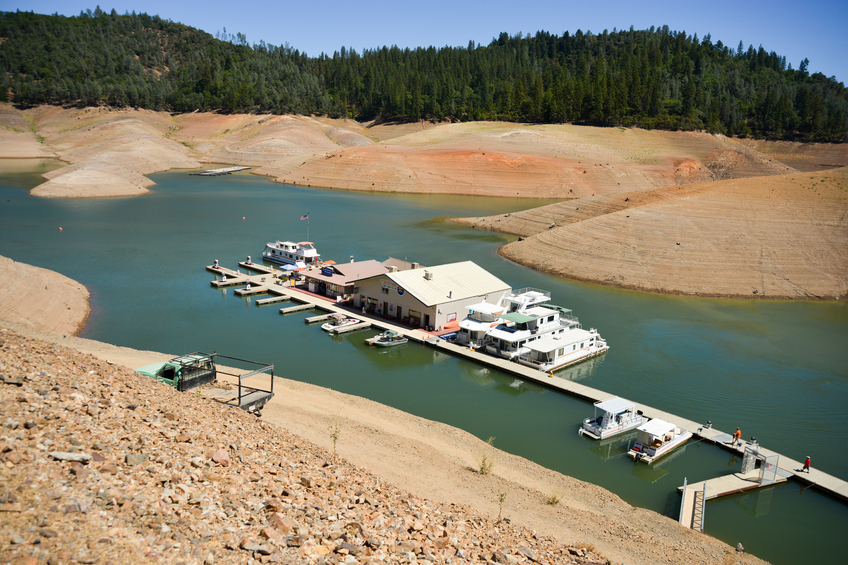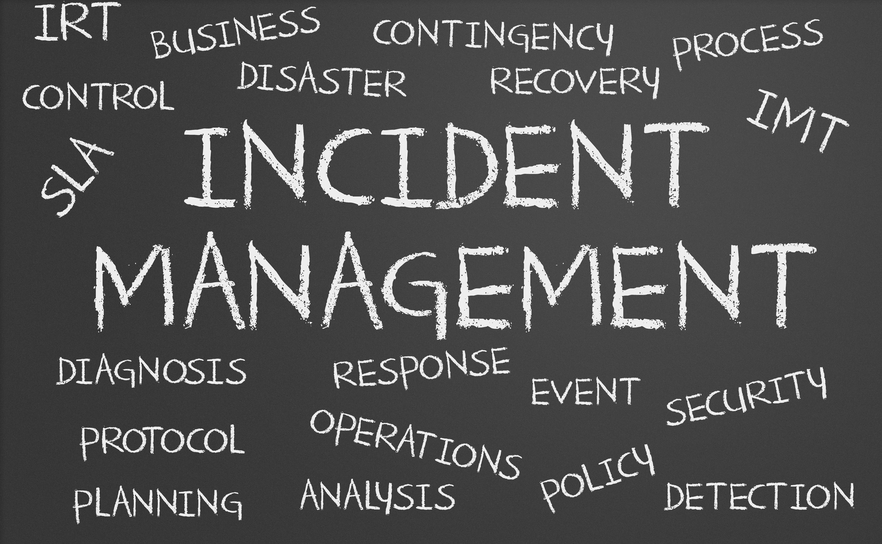Whether you manage a whitewater rafting excursion, a horseback-riding stable or a hunting grounds, it can be all fun and games until someone gets hurt — or dies.
Simply put, your business has major liabilities that need to be addressed. The biggest challenge to your outdoor sports business may be finding the right insurance plan.
Common types of incidents at outdoor sports locations include auto accidents, and motorized vehicles such as ATVs, snowmobiles and snowcats, with most cases occurring when the client does not follow guide instructions or make a poor decision.
For example, in the whitewater rafting industry, “serious accidents resulting in death usually include a client coming out of the raft and being caught in a foot entrapment between submerged rocks,” said Jim Sattler, president of Cbiz Sattler Insurance. “Additionally, many fatalities are influenced by the physical condition of the participants. We see many fatalities related to heart conditions and cold water immersion.”
Recent data from the from the National Electronic Injury Surveillance System used by the Centers for Disease Control and Prevention in its Wilderness and Environmental Medicine Journal showed that snowboarding is the most dangerous outdoor recreational activity by a wide margin, followed by sledding.
The research, which gathered data from 63 hospital emergency rooms nationwide, also revealed that more than 68 percent of accident victims are male — which is to be expected, because men and boys have higher rates of participation in outdoor activities. A quarter of the victims were identified as age 14 or younger, and a third ranging from 15 to 24.
Here are five tips from Sattler for outdoors sports businesses to avoid an insurance pitfall:

Make sure your staff is properly trained and maintain a high level of professionalism. (Photo: iStock)
1. Educate your employees
When hiring your staff, make sure your guides are trained and maintain a high level of professionalism.
When you place an employee out in the back country, don’t put them on a horse that they’re not capable of handling. Never equip them with firearms when they have never used a gun before and you certainly should never hand them the oars to a raft if they can’t identify a rapid.
Not having a properly trained staff could lead to a major lawsuit.

California's 2014 drought exposes the 180- to 200-foot drop in water levels. (Photo: iStock)
2. Be prepared for a drought
When water and snow are involved, always financially prepare for a time when Mother Nature does not act accordingly.
Whether it’s a drought in California, or snowless winter in Alaska, the weather may not always cooperate. If you manage a mountain or river resort, make sure your policy covers you during times when there is no snow or water. This will help you maintain your expensive outdoor resort permit during seasons that are not as popular or lucrative.

Choose an agent who understands your potential risks. (Photo: iStock)
3. Find an insurer who understands your business
While you search for the best insurance coverage, be sure your agent understands your potential risk.
Look for a company that has been in the outdoor sporting industry for some time. It is essential that the insurance provider shares your same level of expertise.
The ideal agent would be someone who has been on the water, who knows the outdoors and is an advocate for your industry on a personal or even political level.

Create your incident response plan for the most serious accident. (Photo: iStock)
4. Create an accident/incident response plan
Have an incident/accident response plan in writing and assign staff to address specific aspects of the plan.
Include an action plan for who calls whom. Include legal and insurance contacts as part of the first contacts. Plan for the most serious accident and be prepared to respond promptly and professionally.

You want to have one person who will speak to the media in the event of an accident where people are harmed or killed. (Photo: iStock)
5. Be ready to talk to the media
Have one person assigned to address inquiries from the media in the event of a serious accident.
Practice how to address the media with respect to family and friends of the injured or deceased party. And pay attention to the injured as well as the family and friends on the trip. If there's a fatality, cooperate with the governing bodies, sheriff, coroner, permitting agency and be accessible.
Want to continue reading?
Become a Free PropertyCasualty360 Digital Reader
Your access to unlimited PropertyCasualty360 content isn’t changing.
Once you are an ALM digital member, you’ll receive:
- Breaking insurance news and analysis, on-site and via our newsletters and custom alerts
- Weekly Insurance Speak podcast featuring exclusive interviews with industry leaders
- Educational webcasts, white papers, and ebooks from industry thought leaders
- Critical converage of the employee benefits and financial advisory markets on our other ALM sites, BenefitsPRO and ThinkAdvisor
Already have an account? Sign In Now
© 2025 ALM Global, LLC, All Rights Reserved. Request academic re-use from www.copyright.com. All other uses, submit a request to [email protected]. For more information visit Asset & Logo Licensing.








